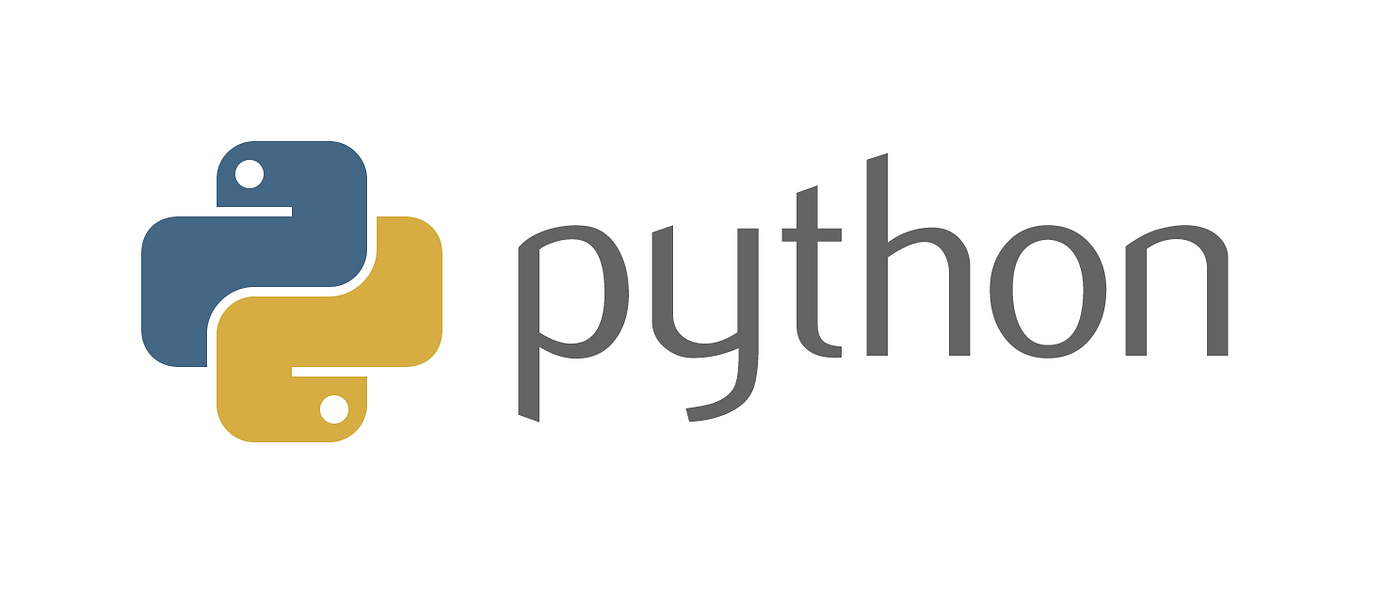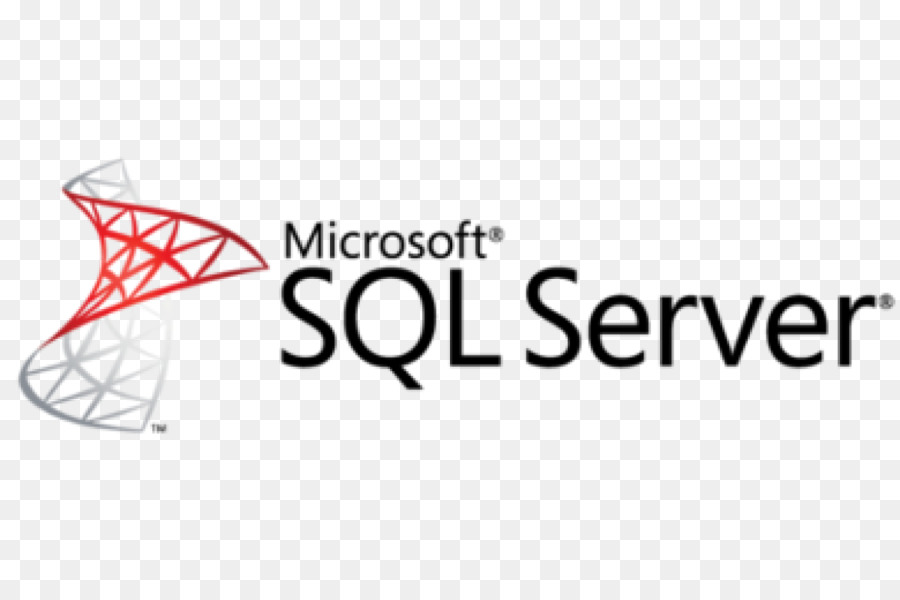Cybersecurity is an essential and rapidly growing field, with a constantly increasing demand for professionals who can secure systems, networks, and data against cyber threats. Programming languages play a vital role in cybersecurity, as they enable developers to create powerful tools and applications for analyzing, detecting, and mitigating cyber threats. Here is a list of 10 programming languages that will help you kickstart a successful career.
- Python

Python is a versatile programming language that can be used for a wide range of tasks in cybersecurity, including automation, data analysis, web application development, and penetration testing. Python is also a high-level programming language that is easy to learn and write, allowing cybersecurity professionals to quickly develop custom tools and scripts for various tasks.
- JavaScript

JavaScript is a widely used programming language in web development, and therefore, it is increasingly being used in web application security. Understanding JavaScript can help in identifying and mitigating web application vulnerabilities such as cross-site scripting (XSS) and cross-site request forgery (CSRF). Additionally, JavaScript is used in browser-based attacks, such as clickjacking and phishing, which are becoming more prevalent. Understanding JavaScript can help in detecting and preventing these types of attacks.
- C/C++

C/C++ are low-level programming languages that provide direct access to system resources and hardware, making them ideal for developing security tools and applications that require high performance and low-level access. C/C++ is widely used in developing operating systems, network protocols, and device drivers, which are critical components of cybersecurity. Understanding C/C++ can help in analyzing and debugging security vulnerabilities in system-level code.
- PHP

PHP is a server-side scripting language used for web development. PHP is also used in developing security tools such as web application scanners and vulnerability assessment tools. Being proficient in PHP can help in customizing and developing new security tools for various cybersecurity tasks. Moreover, PHP is used in developing secure communication protocols such as the secure sockets layer (SSL) and transport layer security (TLS).
- Ruby

Ruby is a dynamic, object-oriented programming language that is easy to learn and write, making it ideal for developing security tools and applications quickly. Ruby is widely used in developing web applications and web frameworks such as Ruby on Rails, which can be used to develop secure web applications with built-in security features. Understanding Ruby can help in analyzing and securing web applications and detecting vulnerabilities such as cross-site scripting (XSS) and SQL injection. Additionally, Ruby is used in developing security tools such as vulnerability scanners and exploit development frameworks.
- PowerShell

PowerShell is a command-line shell and scripting language that is designed for automating administrative tasks in Windows environments. PowerShell can be used to automate various security tasks such as security auditing, system hardening, and incident response. PowerShell provides access to Windows Management Instrumentation (WMI) and the .NET Framework, which enables interaction with various system resources and data.
- SQL

SQL (Structured Query Language) is a programming language that is used to manage and manipulate relational databases, which are widely used in storing and managing sensitive data in various organizations. Understanding SQL can help in analyzing and securing databases and detecting vulnerabilities such as SQL injection. Additionally, SQL is used in developing security tools such as database security scanners and vulnerability assessment tools.
- Bash

Bash (Bourne-Again SHell) is a command-line shell and scripting language that is commonly used in Unix and Linux systems. Bash can be used to automate various security tasks such as log analysis, network scanning, and system hardening. Bash provides access to various system resources and utilities, which enables interaction with the system in a flexible and customizable way. Bash is also used in developing security tools such as penetration testing frameworks and exploit development frameworks.
- Java

Java is a high-level, object-oriented programming language that is widely used in developing web applications, mobile applications, and desktop applications. Java is used in developing security-related applications such as antivirus software, firewalls, and intrusion detection systems. Additionally, Java is used in developing security tools such as penetration testing frameworks and vulnerability scanners.
- Go

Go (also known as Golang) is a modern programming language that is designed for concurrency, efficiency, and simplicity. Go is used in developing security-related applications such as network security tools, vulnerability scanners, and intrusion detection systems. Being proficient in Go can help in customizing and developing new security tools for various cybersecurity tasks.











